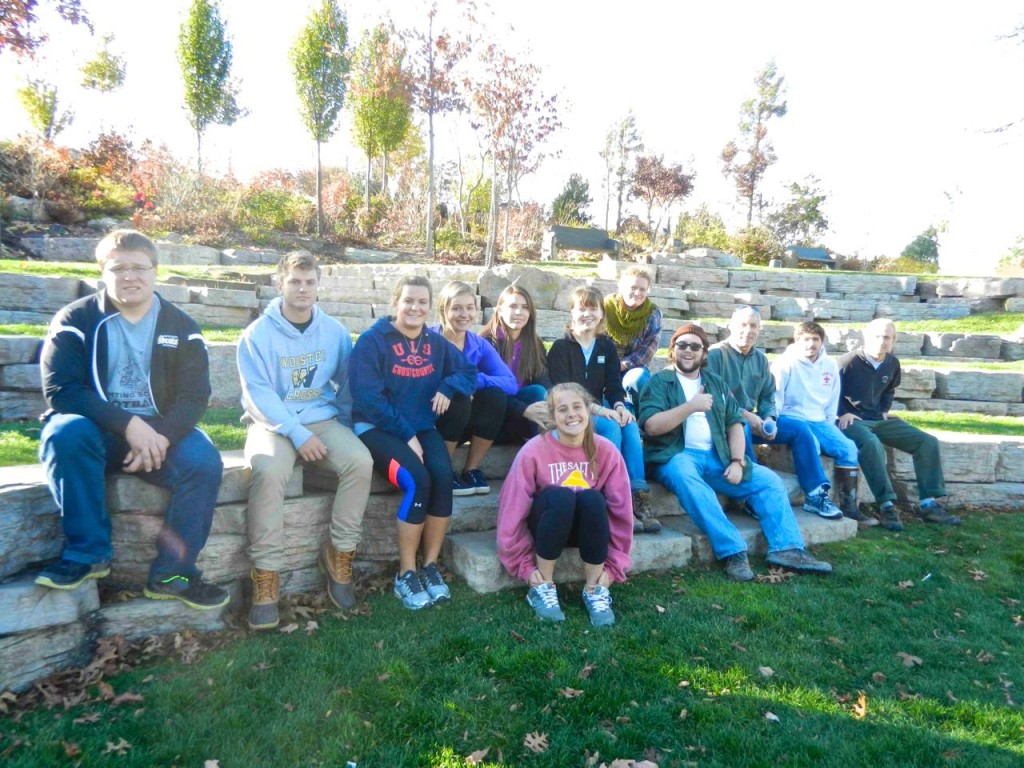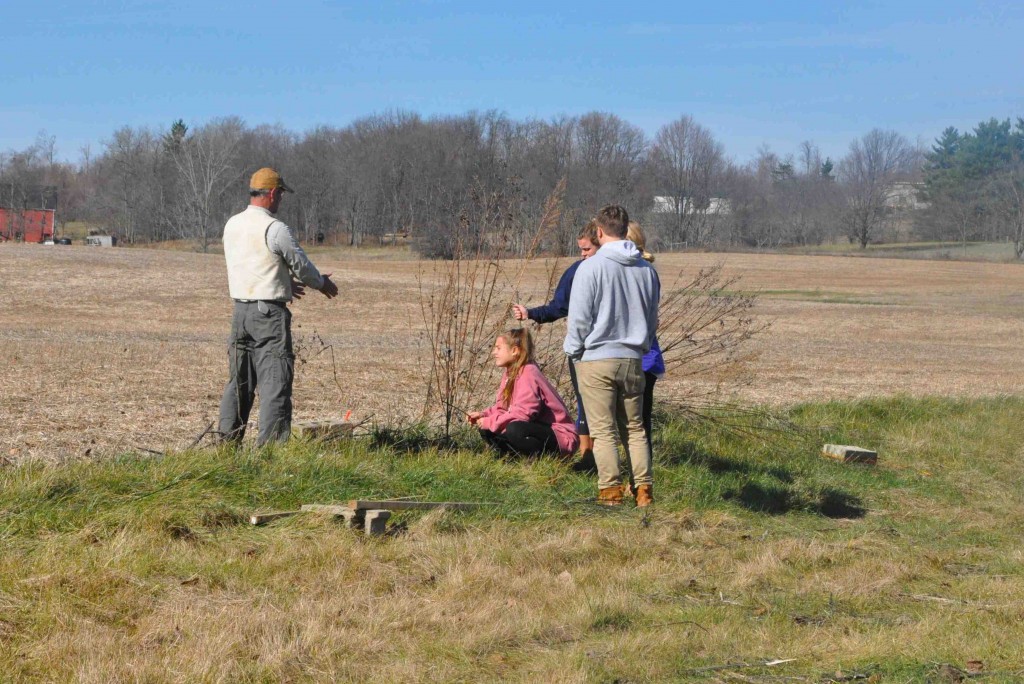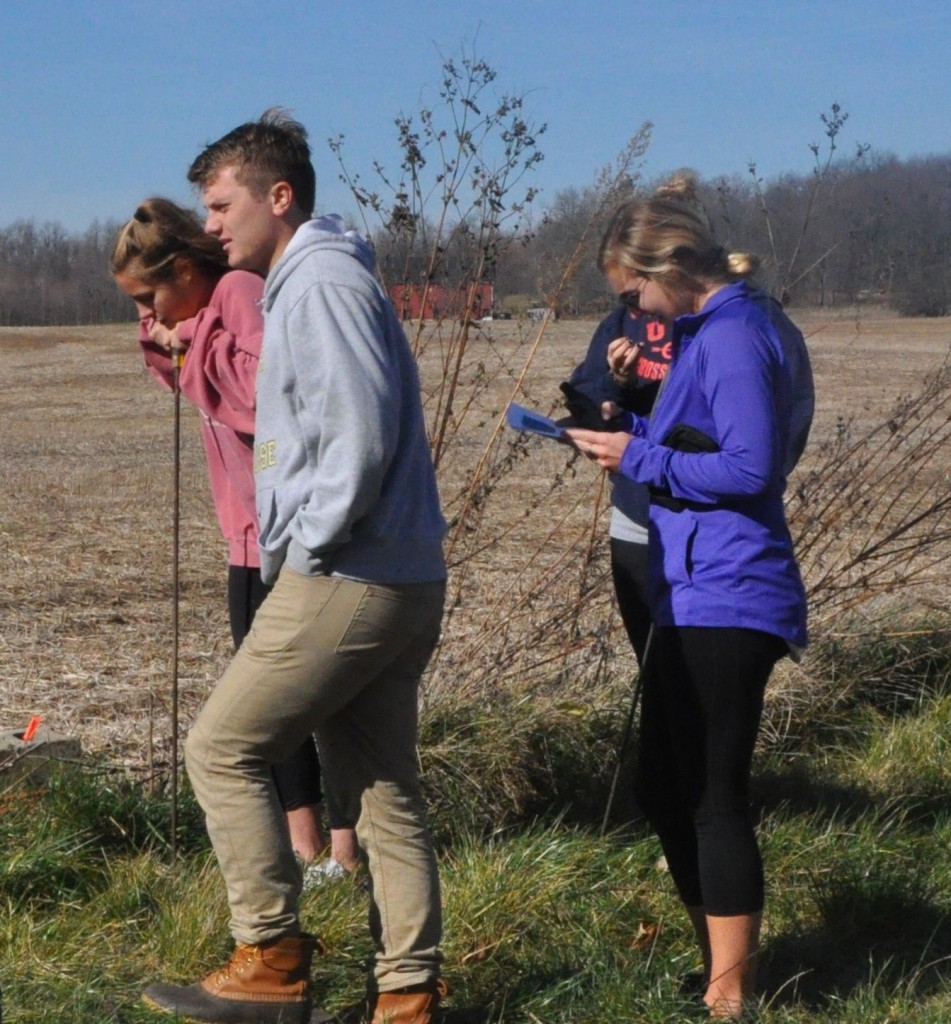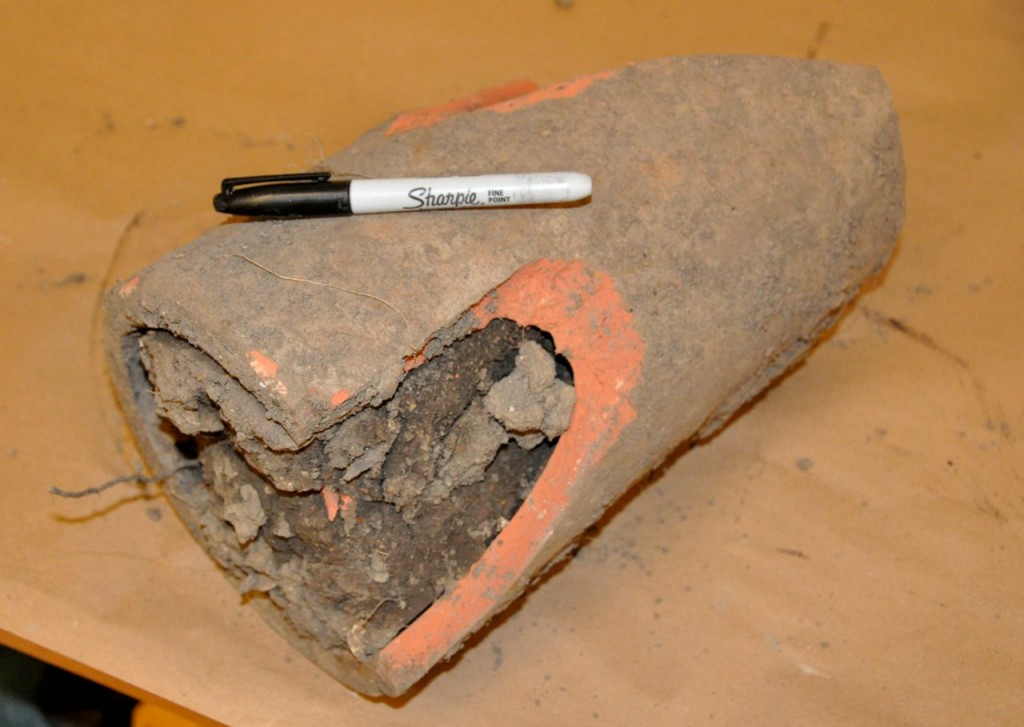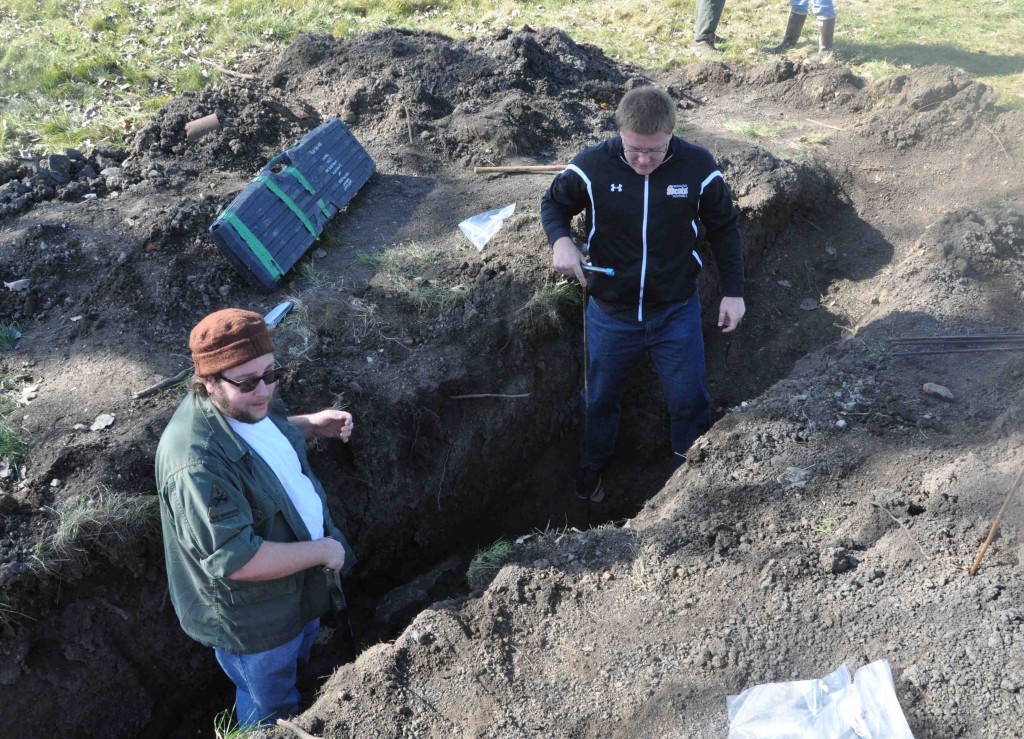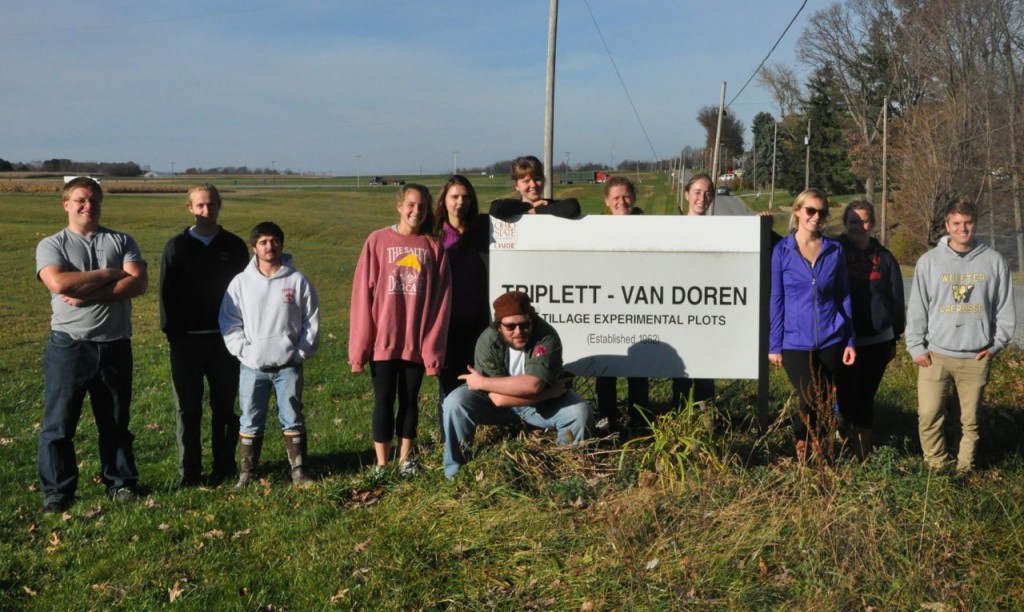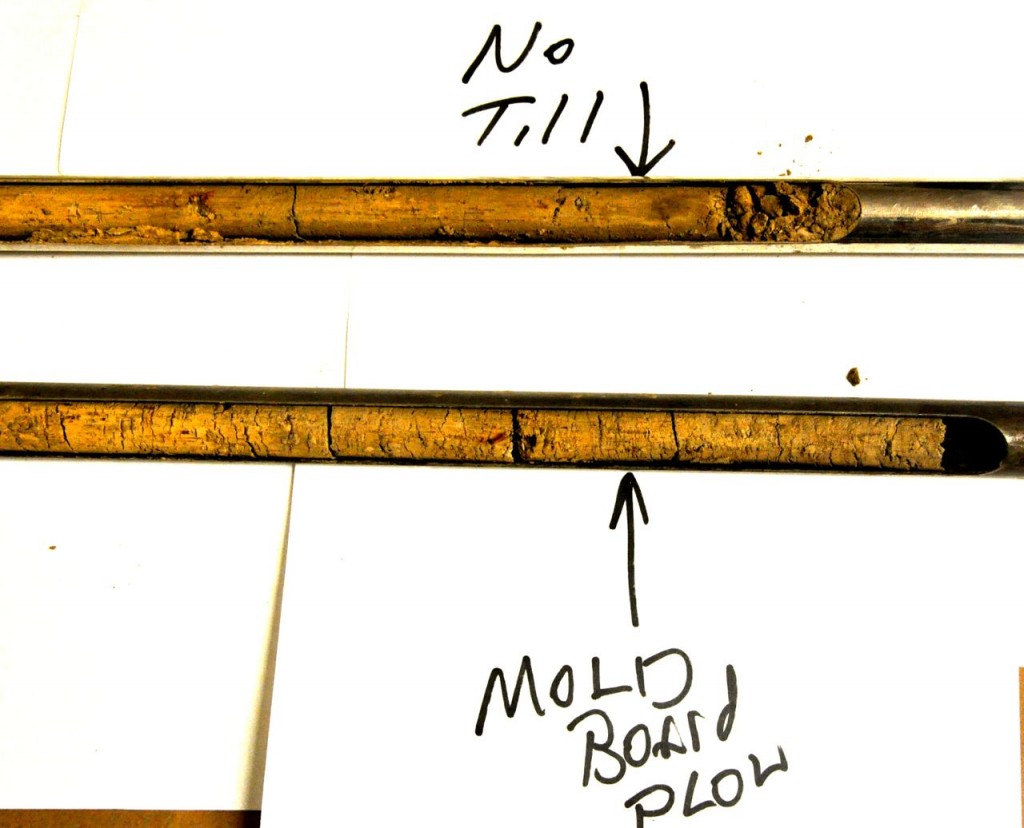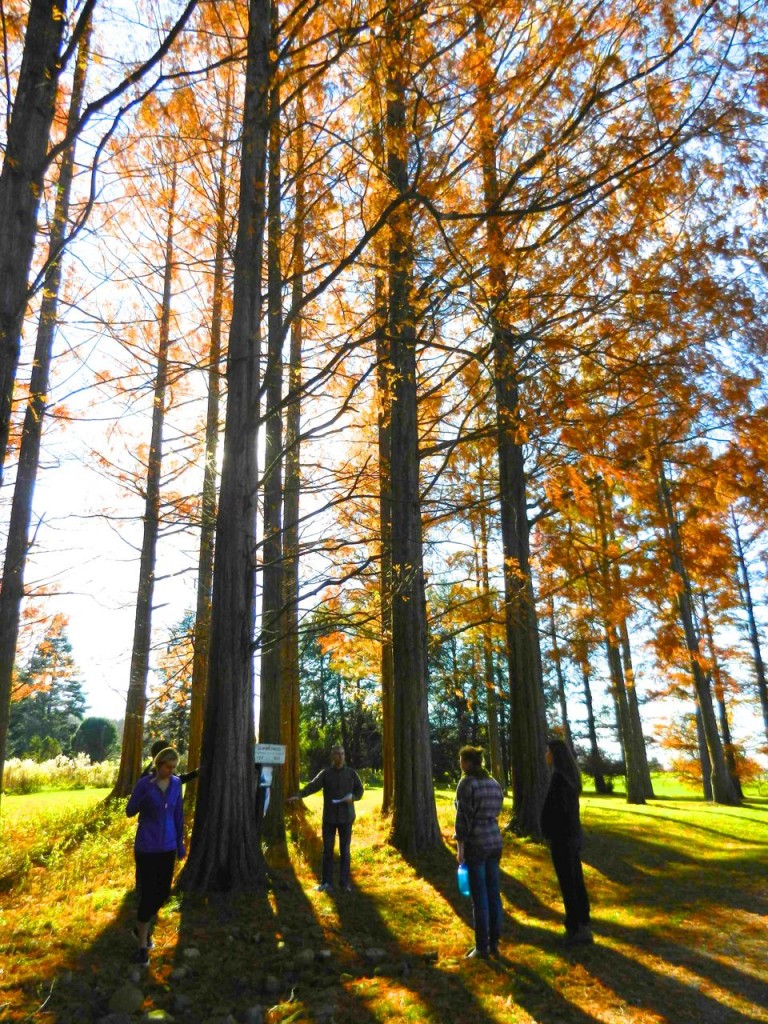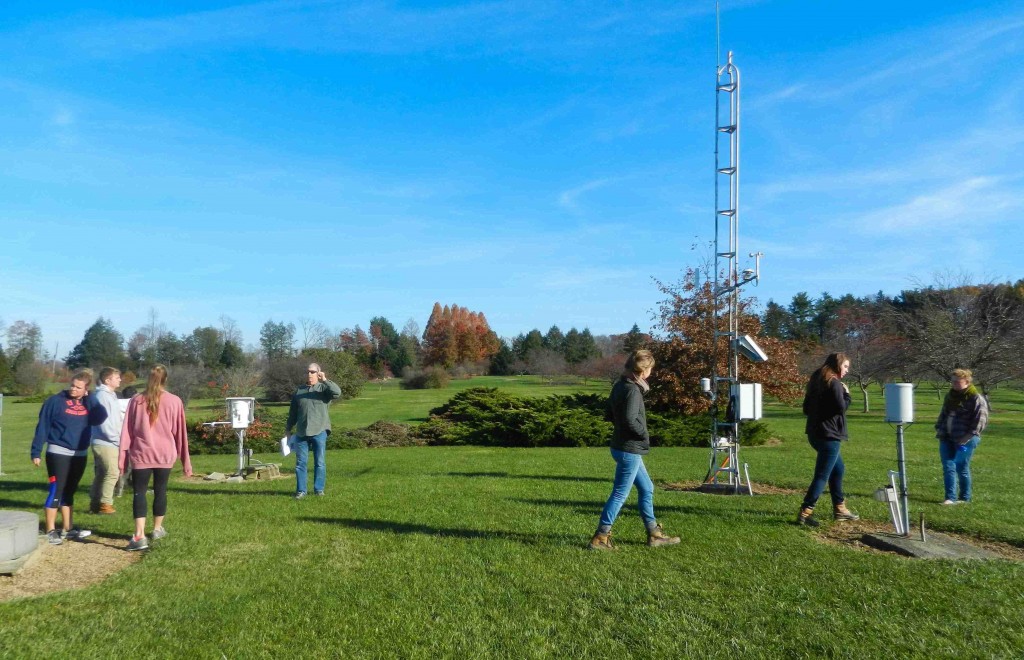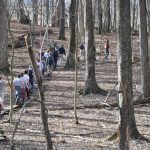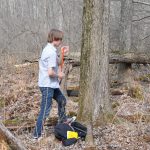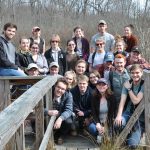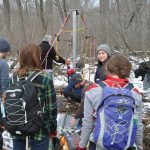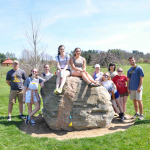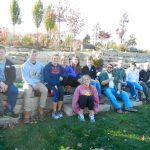Coring Browns Lake
 2015 was the warmest year since we have been keeping track of global temperatures over the last 150 years. Right now one of the strongest El Ninos is active in the equatorial Pacific. This course is an exploration of climate basics, paleoclimatology and contemporary climate change. Understanding how and why climate changes is important for interpreting the past geologic record and evaluating contemporary climate change. After an overview of Earth’s ocean-atmosphere system and energy balance, we will explore Quaternary (last 2 million years) dating methods and techniques of reconstructing past climates through field and lab projects. Students will work with paleoclimate data sets from ocean cores, ice cores, tree-rings, lake cores and corals. Labs will include computer modeling, analysis of time series and field and lab projects extracting lake sediment cores and collecting and processing dendrochronological data.
2015 was the warmest year since we have been keeping track of global temperatures over the last 150 years. Right now one of the strongest El Ninos is active in the equatorial Pacific. This course is an exploration of climate basics, paleoclimatology and contemporary climate change. Understanding how and why climate changes is important for interpreting the past geologic record and evaluating contemporary climate change. After an overview of Earth’s ocean-atmosphere system and energy balance, we will explore Quaternary (last 2 million years) dating methods and techniques of reconstructing past climates through field and lab projects. Students will work with paleoclimate data sets from ocean cores, ice cores, tree-rings, lake cores and corals. Labs will include computer modeling, analysis of time series and field and lab projects extracting lake sediment cores and collecting and processing dendrochronological data.
Preparation questions: At each class I will handout should be answered for the following class. They are designed to guide the discussion for the next class AND I will occasionally collect them and they will count as one of your quizzes.
Text books: We will be having readings from a variety of texts and one required book The Thinking Person’s Guide to Climate Change by Robert Henson (2015). Additional readings will be handed out in class. Some readings throughout the class will be from THE GLACIAL WORLD ACCORDING TO WALLY and THE ROLE OF THE OCEAN IN CLIMATE YESTERDAY, TODAY , AND TOMORROW (available online and at the password protected readings tab)- written by Wally Broecker, a renowned climate scientist from Lamont-Doherty Earth Observatory.
Goals: Climate Change is a Q (quantitative) course thus students will need to generate, manipulate and interpret quantitative data, use geologic concepts to solve problems and understand and apply scientific methodology. This course is also field and lab intensive and so students will demonstrate their ability to apply Field/Laboratory skills, Map Interpretation/Geographical Information skills, and Information Technology skills. As we will be performing original studies of lake and tree-ring proxies in the Wooster region students will be need to demonstrate independence of thought and expression. The work in this class will demonstrate integrative thinking by problem solving through multiple approaches. Finally through writing reports and giving class presentations the students will develop their communication skills.
Specific Learning Goals are to deepen your understanding in and to think critically about:
– the fundamentals of the Earth’s climate and how biogeochemical cycles and ocean-atmosphere systems operate and interact.
– how the observational and proxy records of climate change are generated and analyzed.
– the role and significance of natural and anthropogenic (human-caused) forcings on climate and strategies that can mitigate the impact of climate change.
Below are posts from Climate Change 2015 – Last Year’s Class.

 Climat Change 2014 Class standing on the porch of the McGlumphey Rental Cabin – outer ring date 1825 CE.
Climat Change 2014 Class standing on the porch of the McGlumphey Rental Cabin – outer ring date 1825 CE.


